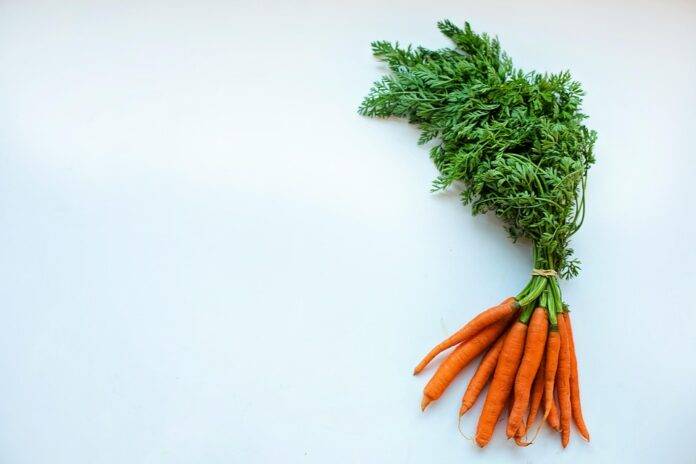The Business of Processed Carrot Products
Carrots are one of the most versatile vegetables that can be enjoyed in various forms, including raw, cooked, juiced, and processed. From whole carrots to baby carrots and carrot sticks, the market for processed carrot products has been steadily growing over the years. In this report, we will explore the journey of carrots from the farm to the production of baby carrots, a popular processed carrot product.
Carrot Farming and Harvesting
Carrots are typically grown in temperate regions with well-drained soil and plenty of sunlight. The process of carrot farming begins with preparing the soil, planting the seeds, and ensuring proper irrigation and pest control. Carrots take about 70 to 80 days to mature, depending on the variety.
Once the carrots are ready for harvesting, they are usually pulled out of the ground by hand or using machinery. The carrots are then cleaned, sorted, and packed for transportation to processing facilities.
Processing of Carrots
At the processing facility, the carrots undergo several steps to transform them into baby carrots. The first step is washing the carrots to remove any dirt or debris. Next, the carrots are peeled to remove the outer skin. The peeled carrots are then cut into smaller, uniform-sized pieces using special machinery.
The next step is shaping the carrots into the familiar baby carrot shape. This is done by cutting the carrots into small, cylindrical pieces and then polishing them to give them a smooth, uniform appearance. The baby carrots are then washed again to remove any residual debris or peel.
Packaging and Distribution
Once the baby carrots are processed, they are ready for packaging. The baby carrots are typically packed in plastic bags or containers with a moisture barrier to keep them fresh. The packaging may also include labeling with information about the product, such as the expiration date and nutritional content.
The packaged baby carrots are then distributed to supermarkets, grocery stores, and other retailers. Some processing facilities may also supply baby carrots to food service companies, such as restaurants and catering services.
Market Trends and Opportunities
The market for processed carrot products, including baby carrots, has been steadily growing due to the increasing demand for convenient and healthy snack options. Baby carrots are popular among consumers of all ages, as they are easy to eat on the go and packed with essential nutrients like vitamin A and fiber.
In recent years, there has been a trend towards organic and sustainable baby carrot products. Consumers are becoming more conscious of where their food comes from and how it is produced. As a result, some processing facilities have started offering organic baby carrots made from locally sourced, non-GMO carrots.
Financial Data and Volumes
According to a report by Market Research Future, the global market for processed carrot products is expected to reach a value of $1.8 billion by 2023, with a compound annual growth rate (CAGR) of 4.5% during the forecast period. The demand for baby carrots is expected to drive growth in the market, as consumers continue to seek out convenient and healthy snack options.
In terms of volumes, the United States is one of the largest producers of processed carrot products, including baby carrots. According to the United States Department of Agriculture (USDA), the production of fresh carrots in the US reached 1.4 million tons in 2020, with a significant portion of the crop processed into baby carrots.
Conclusion
In conclusion, the business of processed carrot products, particularly baby carrots, offers a lucrative opportunity for farmers, processors, and retailers. The market for baby carrots is growing steadily, driven by consumer demand for convenient and healthy snack options. By understanding the journey of carrots from the farm to the production of baby carrots, businesses can capitalize on the opportunities in this thriving market.



